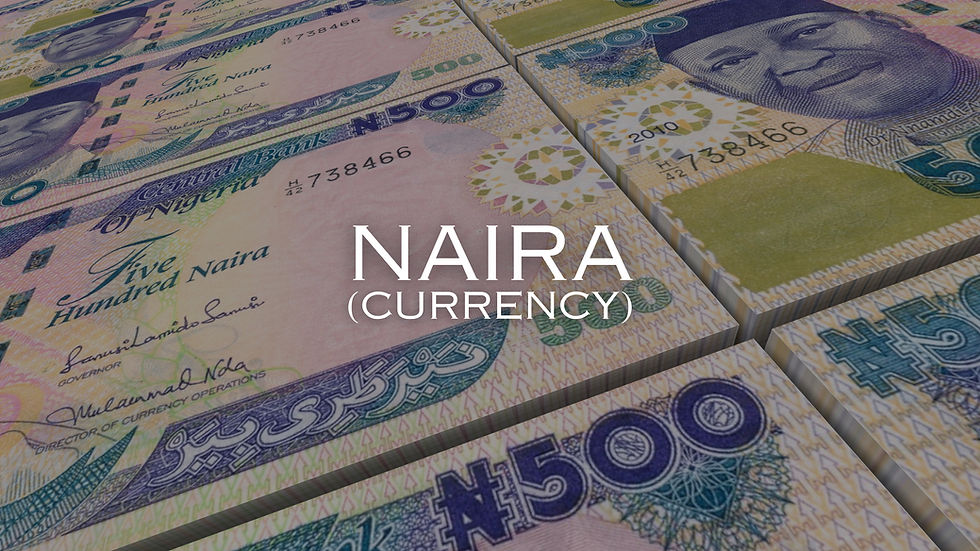Opportunities And Risks for Investment in Nigeria
- Enterprise Thailand
- Oct 26, 2023
- 2 min read

Nigeria is a rising hub for Foreign Direct Investment (FDI), becoming the third host economy for FDI in Africa, behind Egypt and Ethiopia, with the total stock of FDI in Nigeria estimated at USD 91.8 billion in 2021, which accounted for approximately 20.8% of the country's GDP. The main sectors attracting FDI inflows into Nigeria include oil and gas, telecommunications, manufacturing, real estate, and agriculture.
Underneath the inflows of FDI, Nigeria also has a large population (the largest in Africa), abundant natural resources, and a low-cost labor pool, making it an attractive consumer market for investors and traders. Moreover, the ongoing reforms initiative by the government to improve the business environment have helped boost Nigeria's ranking on the World Bank's Doing Business index to 131 out of 190. Nigeria is gearing up to diversify its economy away from the key driver of oil by building a competitive manufacturing sector, which should facilitate integration into global value chains and boost productivity, where foreigners can have full ownership in most sectors.
According to H.E. Oma Djebah, Nigerian Ambassador to the Kingdom of Thailand, Nigeria, a leading frontier market, transforming as one of the top emerging markets, captures the essence of the new diverse opportunities in Nigeria. Nigeria has vast, untapped resources, fertile land, and a favorable climate for agriculture. Some lucrative sub-sectors are poultry farming, fish farming, cassava production, rice production, and snail farming. Due to the booming population and large migration to major cities such as Lagos, Abuja, Port Harcourt, and Uyo, investment in real estate in major cities can be very profitable for investors who can provide quality housing, commercial spaces, and hospitality services. The future of digital transformation, especially in the digital transaction space, also drives the financial technology sector and presents a window for action. Additionally, Nigeria provides incentives, including tax holidays, duty waivers, export expansion grants, pioneer status, and free trade zones to enhance its competitiveness.
Risks Associated with Investing In Nigeria
Nigeria's economy has the potential to grow beyond oil and improve its competitiveness. However, this requires addressing the structural challenges and implementing reforms to enhance productivity, efficiency, and inclusiveness. The challenges that can pose risks for foreign business include high levels of corruption, market volatility, poor state of infrastructure, excessive bureaucracy, high cost of business financing, irregular and unstable power supply, insecurity, lack of effective judicial due process, nontransparent economic decision-making, multiple exchange rate systems, foreign exchange restrictions, tariff and non-tariff barriers to trade, poor product standards and sanitary and phytosanitary issues.
Foreign investors and exporters should be cognizant of the obstacles they may encounter and consider engaging proficient collaborators and experienced commercial support to navigate the intricate business landscape. Additionally, they must ensure compliance with the local content prerequisites.
By Mr. Sarawut Thiramanit, Dr. Prachaya Suwanhirunkul
Enterprise Thailand
.png)



Comments